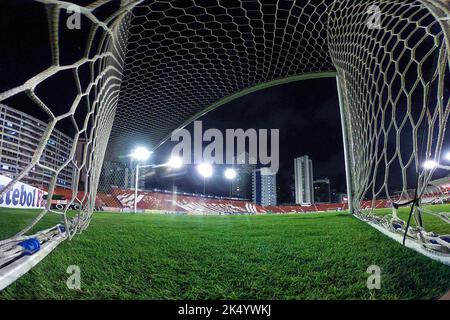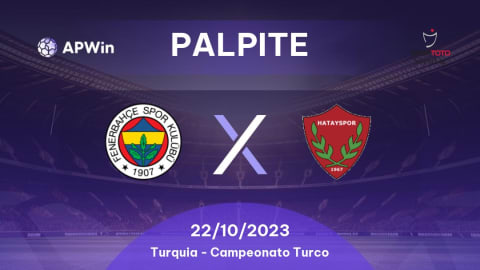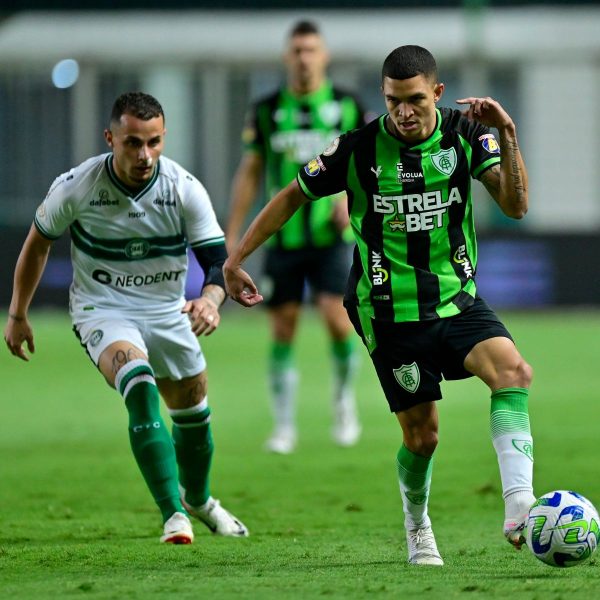The Exciting Road to the Copa Libertadores
Por um escritor misterioso
publicado em novembro/14/2024

Learn about the history and significance of the Copa libertadores , South America's most prestigious club football competition.

The tournament was first held in 1960 and was inspired by Europe's successful continental competition, the European Cup (now known as the UEFA Champions League). The idea behind creating a similar tournament for South American clubs was to promote unity among countries in the region and provide a platform for them to compete on an international stage.
Since its inception, numerous legendary players have graced this competition, including Pelé, Diego Maradona, Zico, Ronaldinho, and many others. The intensity of matches and passionate fan culture surrounding these games make it an unforgettable experience for both players and spectators.
One unique aspect of the Copa libertadores is its format. Unlike other club competitions that follow a straightforward knockout system from start to finish, this tournament consists of two stages: group stage and knockout stage. In recent years, there have been changes to increase competitiveness by expanding both stages.
In the group stage, participating teams are divided into groups based on their geographical locations. Each team plays home-and-away matches against every other team in their group. The top teams from each group advance to the knockout stage while third-placed teams move on to play in another continental competition called Copa Sudamericana.
The knockout stage begins with round-of-16 matches followed by quarter-finals, semi-finals, and ultimately culminating in a thrilling final match. The finals are usually played over two legs (home-and-away) to determine the champion. In case of a tie, away goals rule is applied, and if needed, extra time and penalty shootouts may be used.
The Copa libertadores has seen many memorable moments throughout its history. From dramatic comebacks to intense rivalries, this tournament never fails to provide excitement. One such example is the historic final in 2018 between Argentine clubs Boca Juniors and River Plate. It was the first time these two archrivals met in a Copa libertadores final, leading to an electrifying atmosphere both on and off the field.
The significance of winning the Copa libertadores cannot be overstated for South American clubs. Besides earning recognition as the best club team in South America, winning this competition grants them entry into FIFA Club World Cup where they compete against champions from other continents. It is an opportunity for South American teams to prove their dominance on a global scale.
Over the years, Brazilian and Argentine clubs have been particularly successful in this tournament. Clubs like São Paulo FC, Boca Juniors, River Plate, Independiente, Santos FC, and Club Atlético Nacional have tasted success multiple times.
In conclusion, the Copa libertadores is an exhilarating football competition that brings together top teams from South America with a rich history and passionate fanbase. Its unique format sets it apart from other continental tournaments while providing an incredibly competitive environment for clubs to showcase their skills. Winning this prestigious trophy not only brings glory but also opens doors to further international achievements.




Palpite Fenerbahçe x Hatayspor: 22/10/2023 - Campeonato Turco
The Copa libertadores is a highly anticipated annual club football tournament that showcases the best teams from South America. It is considered one of the most prestigious competitions in the world, alongside tournaments like the UEFA Champions League. In this article, we will explore the history and significance of the Copa libertadores.The tournament was first held in 1960 and was inspired by Europe's successful continental competition, the European Cup (now known as the UEFA Champions League). The idea behind creating a similar tournament for South American clubs was to promote unity among countries in the region and provide a platform for them to compete on an international stage.
Since its inception, numerous legendary players have graced this competition, including Pelé, Diego Maradona, Zico, Ronaldinho, and many others. The intensity of matches and passionate fan culture surrounding these games make it an unforgettable experience for both players and spectators.
One unique aspect of the Copa libertadores is its format. Unlike other club competitions that follow a straightforward knockout system from start to finish, this tournament consists of two stages: group stage and knockout stage. In recent years, there have been changes to increase competitiveness by expanding both stages.
In the group stage, participating teams are divided into groups based on their geographical locations. Each team plays home-and-away matches against every other team in their group. The top teams from each group advance to the knockout stage while third-placed teams move on to play in another continental competition called Copa Sudamericana.
The knockout stage begins with round-of-16 matches followed by quarter-finals, semi-finals, and ultimately culminating in a thrilling final match. The finals are usually played over two legs (home-and-away) to determine the champion. In case of a tie, away goals rule is applied, and if needed, extra time and penalty shootouts may be used.
The Copa libertadores has seen many memorable moments throughout its history. From dramatic comebacks to intense rivalries, this tournament never fails to provide excitement. One such example is the historic final in 2018 between Argentine clubs Boca Juniors and River Plate. It was the first time these two archrivals met in a Copa libertadores final, leading to an electrifying atmosphere both on and off the field.
The significance of winning the Copa libertadores cannot be overstated for South American clubs. Besides earning recognition as the best club team in South America, winning this competition grants them entry into FIFA Club World Cup where they compete against champions from other continents. It is an opportunity for South American teams to prove their dominance on a global scale.
Over the years, Brazilian and Argentine clubs have been particularly successful in this tournament. Clubs like São Paulo FC, Boca Juniors, River Plate, Independiente, Santos FC, and Club Atlético Nacional have tasted success multiple times.
In conclusion, the Copa libertadores is an exhilarating football competition that brings together top teams from South America with a rich history and passionate fanbase. Its unique format sets it apart from other continental tournaments while providing an incredibly competitive environment for clubs to showcase their skills. Winning this prestigious trophy not only brings glory but also opens doors to further international achievements.

América-MG x Coritiba: resultado, gols e ficha na 33ª rodada do Brasileirão

Minha Casa, Minha vida terá novas regras, descontos maiores
